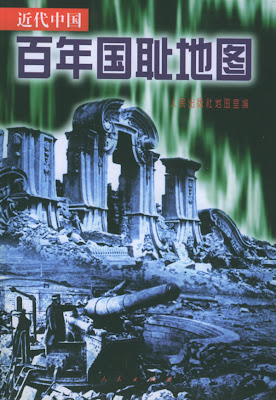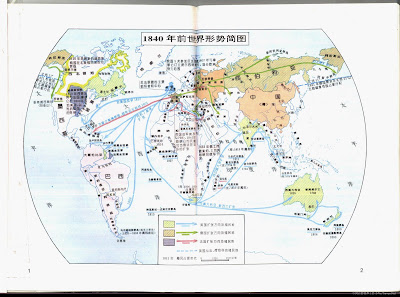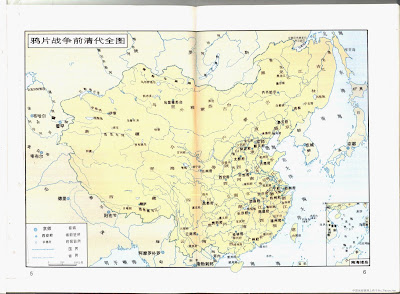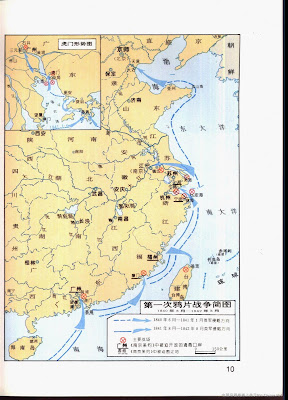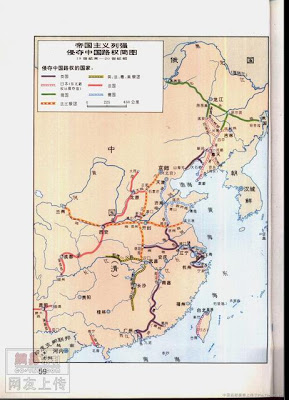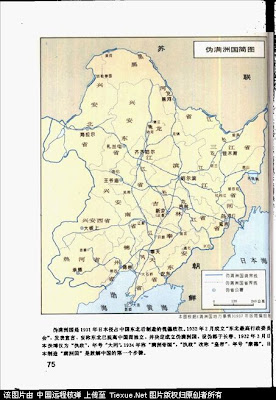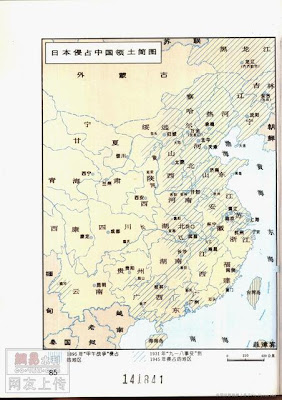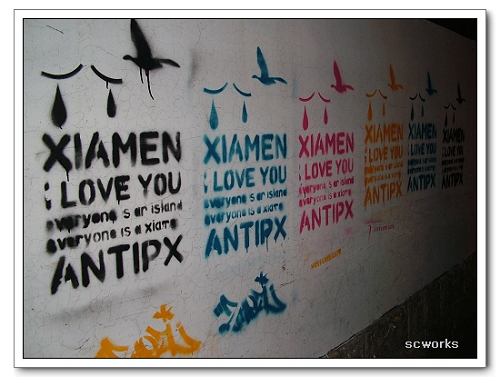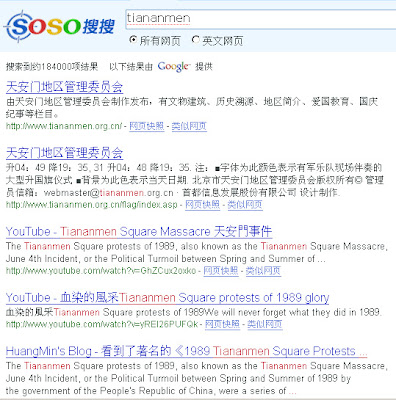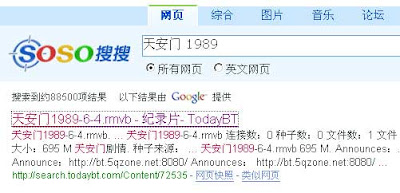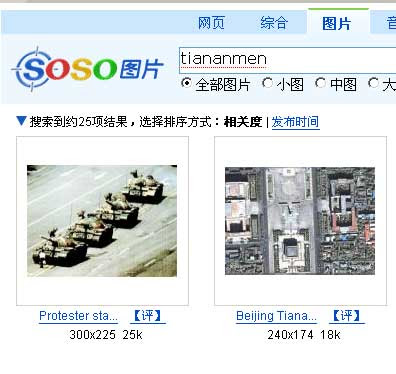I certainly enjoyed Lung Yingtai’s intellectual brawler style when she wrote “The Taiwan That You May Not Know About” for the infamous China Youth Daily supplement Freezing Point, whose editor wrote another classic about the fallout of that and other articles entitled “It’s Lung Yingtai again, f**k!”. And who could forget her open letter to Hu Jintao, “Please Use Civilization to Convince Us”. She’s said quite openly that “As a matter of fact, I am just someone who refuses to believe that human rights must not be distinguished by political position. The Nationalist Party, the Communist Party, the Democratic Progressive Party, whatever f*cking party, if human dignity is not your core value and if you permit human rights to be determined by the powers-that-be, then you are just an object upon which I spit. You do not intimidate me”, and, in probably my favorite, compared the reductionist idea of “Asian values” to a pool of dead water.
But I totally think she’s been phoning it in lately. In a speech at Cambridge this past week (the bulk of which she’s been repeating since December 2006), entitled “If You Want Peace, You Must Not Keep Hurting Taiwan”, Lung used some pretty lazy rhetorical devices. Moreover, her argument essentially seems to be that to be denied a nation-state is a violation of one’s human rights, which strikes me as ludicrously problematic.
The first thing that really caught my eye was this:
The 23 million people in Taiwan went through a martial law period of 37 years. Martial law meant a form of siege. After the martial law period, there was another 35 years of international blockade up to now. After 37 years of martial law and 35 years of blockage, there has to be some “symptoms.” In 2006, the survey results from a certain Taiwan magazine are astonishing.
- 80% of the Taiwanese do not know where the United Nations headquarters is located
- 80% of the people do not know in which city the Nobel Prize for Literature is awarded
- 80% of the people do not know where the largest rainforest in the world is located
- 60% of the people do not know the name of the currency in Germany
- 60% of the people do not know which continent Athens is located in
You should not think that this survey was conducted in some remote village. No, the principal sample came from Taipei, and the people of Taipei are supposed to have the highest educational level in the Chinese world.
Alright then. So the results of this survey are intended to prove the dire consequences of “international blockade” of Taiwan, dating back to the handover of Taiwan’s UN seat to the PRC. Lung is claiming that Taiwan’s lack of membership to this and many other international bodies has created “cultural isolation”, resulting in a very geographically-challenged citizenry.
First off, there’s nothing in Lung’s argument showing how one (“isolation”) causes the other (poor geography skills). Second, my girlfriend and I are university educated, European and American respectively, and have traveled to well over a dozen countries each – and both of us blanked on what city hosts the Nobel. Third, I’m guessing Lung has never watched Jay Leno’s “Man on the Street” bits on American TV, nor has she seen the 2006 National Geographic-Roper Survey of Geographic Literacy, which demonstrated that embarassingly high numbers of young Americans, even amongst college graduates, could find neither Iraq nor Louisiana on a map. Or the Pew Research Center’s 2007 report on American political knowledge indicating that 64% of respondents couldn’t name the president of Russia, or my personal favorite, that over 70% of Americans didn’t know plastic was made of petroleum. The United States belongs to all of the international bodies that Taiwan’s absence from, according to Lung, leads to bone-headed ignorance, but membership hasn’t made us any better informed.
But apparently the Taiwanese peoples complete and total inability to survive even one round of quiz night in a British pub, or an opening round of the American TV show Jeopardy!, is proof positive of how damaging the 35 year old “blockade” of Taiwan by cold, indifferent foreign nations has been. I am not saying that this means Taiwan shouldn’t be recognized; I’m simply saying that if Lung is going to use this sort of argument in addressing Western audiences, she must take us for idiots (as the above mentioned statistics would prove, so I guess she’s on the right track).
Even worse, I don’t think Lung is mentioning everything the Taiwanese survey in question discovered. My guess is that Lung was looking at a 2004, not 2006, survey by Taiwan’s Commonwealth Magazine (天下), the findings of which are shown on this blog (in Chinese) and match all of Lung’s cited figures and questions. But the survey also says that 60% of Taiwanese respondents have been abroad, 45% have been to two or more countries, and 40% speak two or more foreign languages. This is an odd sort of “isolation” – not alot of countries can claim to be that well-traveled or multilingual. Even if it only means everybody speaks English and has been to Disneyland, that’s way more than most of the world. Taiwan is also one of the most wired countries in the world, with something like 63% of the population having Internet access, and over 70% or so having a PC in the home. No Great Firewall to boot, I’d add.
I find Lung Yingtai’s argument that national sovereignty is some sort of human right more problematic. She states:
“Perhaps you wonder, Is there a human rights problem with Taiwan?
Put it this way — suppose we have a small community here. For what reasons do we have to not permit the people from this community to attend any conference or participate in any decisions. We do not allow them to appear at any important festive, mourning or memorial functions. Furthermore, we forbid the leaders of this community to step out of their community and enter our area. Worse yet, if there is a huge fire, we will not notify them. We don’t even allow them to call themselves by their own name.
Please ask yourselves: Why is this not a violation of human rights?”
Well, my first thought is that what she’s talking about here is not that people from the community are forbidden to do these things – its representatives of the government of Taiwan that are forbidden. Now that might be unfair or wrong, but last I checked human rights are not extended to governments or nation-states, which is what she really saying. She then gives concrete examples, more or less, such as that Taiwan doesn’t belong to international bodies and Chen Shuibian has trouble getting visas. Fair enough, but again I don’t know if this qualifies as a human rights issue. An issue, certainly, but human rights? That’s tricky. I would be curious to hear Lung Yingtai (or anybody’s) thoughts on Article 15 of the Declaration of Human Rights stating everyone is entitled to a nationality – what on Earth does that mean? Which nationality, who chooses? If you can choose, does that mean we have to give all those micronations seats at the UN too? By Lung Yingtai’s argument, the community of Sealand has their human rights violated because they too are not represented in the UN. And what about Taiwanese Aborigines, while we’re at it?
But her other examples are worse. She then proclaims “The international community knows about the political isolation of Taiwan. But I think that the international community has no awareness whatsoever about the depth and breadth of this isolation and the degree of damage done to the people of Taiwan.” The survey mentioned above is given as “astonishing” proof of this. Another example is “Using art an example, Taiwan cannot be represented in the public national museum venue at the Venice Art Exposition. Instead, it must find another venue for which it has to worry about being able to retain for the next year.” I assume that Lung is referring to the Venice Biennale, where actually alot of countries don’t get to be in the national museum, the Giardini. The PRC isn’t in it either, or Hong Kong or Macao, which also have separate venues, or Portugal, Argentina, Turkey or quite a few others. All of Africa is shoved into one pavilion, while Central Asia is crammed in another. The PRC has only been there a few years, with a SARS interruption, while Taiwan appears to have been ensconced quite safely since 1995 in the Palazzo delle Prigione, where it is again situated this year, and for the foreseeable future. It’s also amusing to note that in 2003, the “isolated” Taiwanese artists shown all lived abroad save for one, though selected by curators and artists in Taiwan. The curator Lin Shu-min noted, “Where you are doesn’t really affect your cultural roots”. I wonder what Lung Yingtai would make of that remark.
Back to the quote I gave in the beginning and Lung’s thinking on human rights:
“As a matter of fact, I am just someone who refuses to believe that human rights must not be distinguished by political position. The Nationalist Party, the Communist Party, the Democratic Progressive Party, whatever f*cking party, if human dignity is not your core value and if you permit human rights to be determined by the powers-that-be, then you are just an object upon which I spit. You do not intimidate me”
Spitting, cursing and bravado aside, what does it mean for human rights to be independent of political position? How can one say that and simultaneously say that recognition as a nation-state, a purely political notion, is a human right? How would one apply this to any civil war or territorial dispute? If recognition of national sovereignty is a human right, then who gets Jerusalem? The answer appears to be whoever Lung Yingtai thinks really, truly holds “human dignity” as a “core value”, because I can’t see who else the arbiter is supposed to be.







